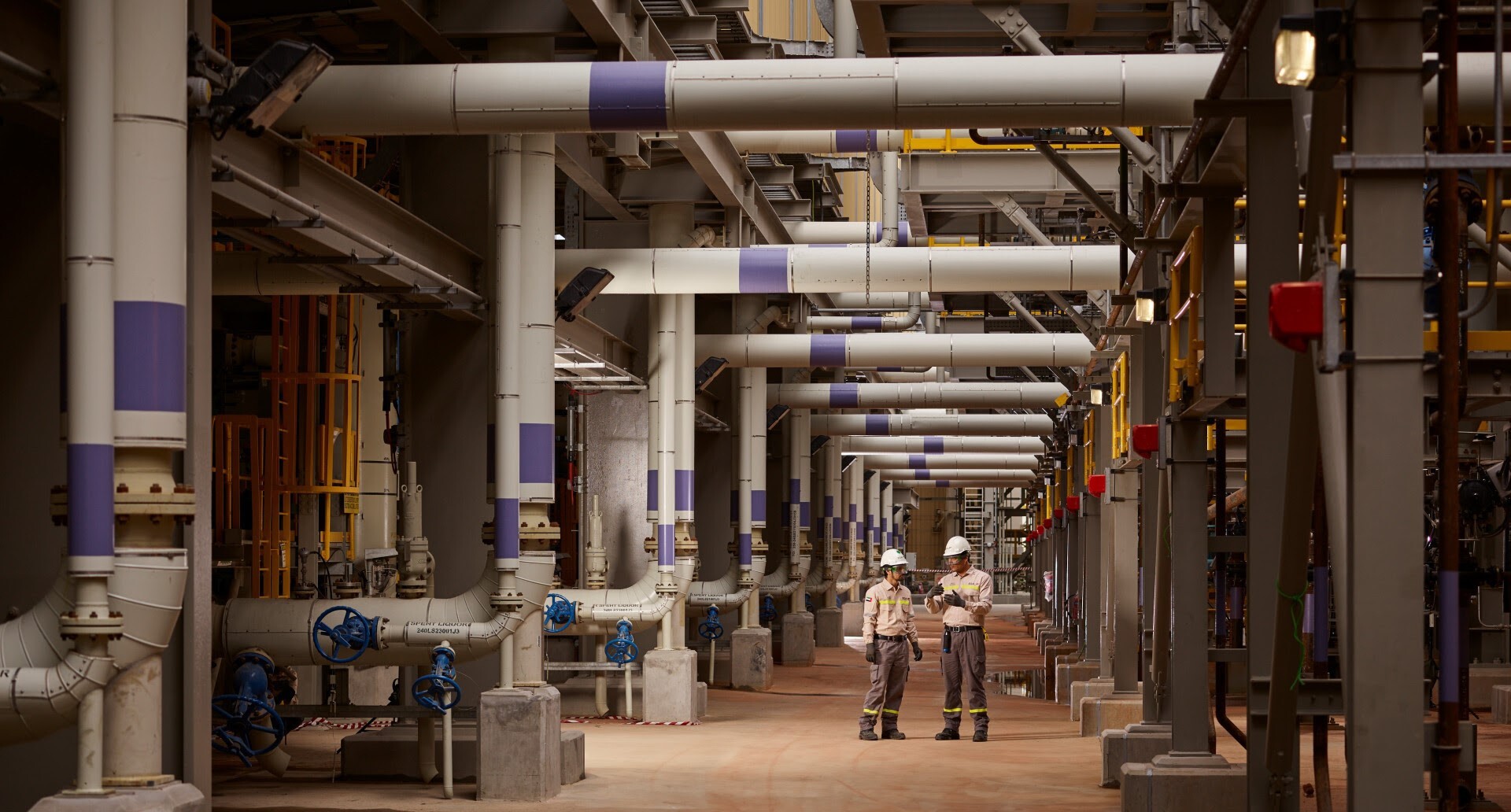您想继续阅读英文文章还
是切换到中文?
是切换到中文?

THINK ALUMINIUM THINK AL CIRCLE

In a week of proud announcements, Emirates Global Aluminium (EGA) has unveiled two noteworthy investment decisions with an intent of sweeping diversification and localisation strategy, while simultaneously contending with mounting geopolitical pressure in its upstream supply chain.

On May 16, EGA signed a landmark Memorandum of Understanding (MoU) with the UAE’s Tawazun Council and US-based RTX (formerly Raytheon Technologies) to extract and refine gallium, a strategic rare metal, at its Al Taweelah alumina refinery in Abu Dhabi. Once operational, this initiative would elevate the UAE to the second-largest global producer of gallium, following China, reinforcing its ambitions to become a central node in the critical minerals supply chain for semiconductors, defence systems, and next-gen electronics.
Gallium, found in trace amounts in bauxite ore and typically viewed as an impurity in aluminium production, is now being reimagined as an industrial asset. With RTX as an anchor partner and Tawazun’s backing through its Economic Programme, EGA is positioning itself as a dual-sector player, serving both commercial aluminium and strategic minerals for national security applications.
Just three days later, on May 19, EGA announced another cornerstone project: a joint venture with China’s Sunstone, the world’s largest independent producer of pre-baked anodes. Together, they will construct a 300,000 tonnes-per-annum anode manufacturing facility at the Khalifa Economic Zone in Abu Dhabi (KEZAD). With Sunstone holding a 55 per cent share and EGA the remaining 45 per cent, construction is slated for 2026, and first output is targeted by 2028.
EGA already produces 1.35 million tonnes of anodes annually at its Jebel Ali and Al Taweelah plants but continues to rely on imports to meet full smelting demand. This new plant will not only substitute the bulk of these imports but also position the UAE as the second global exporter of anodes after China, an unprecedented shift from dependency to autonomy.
…and so much more!
SIGN UP / LOGINResponses








